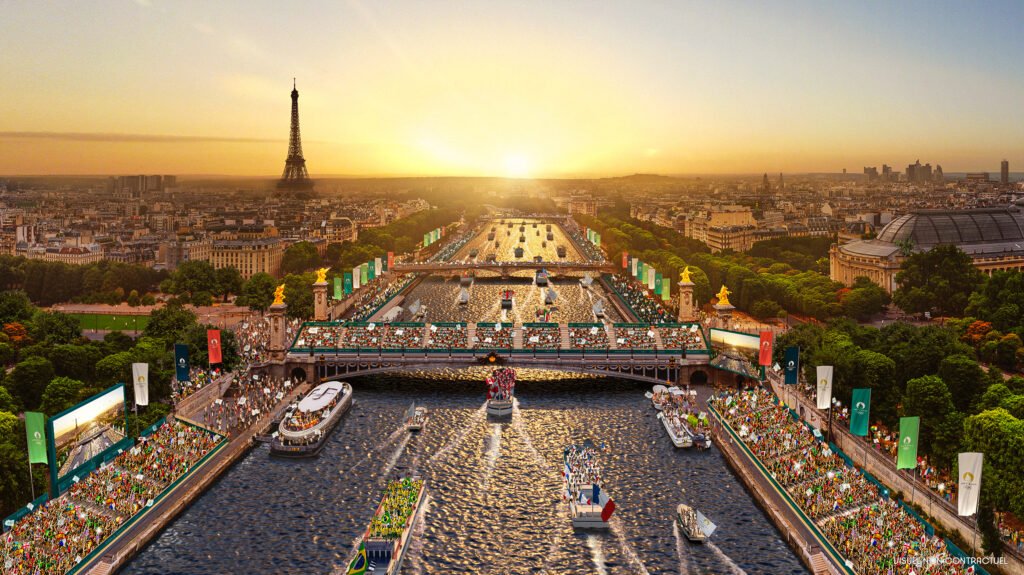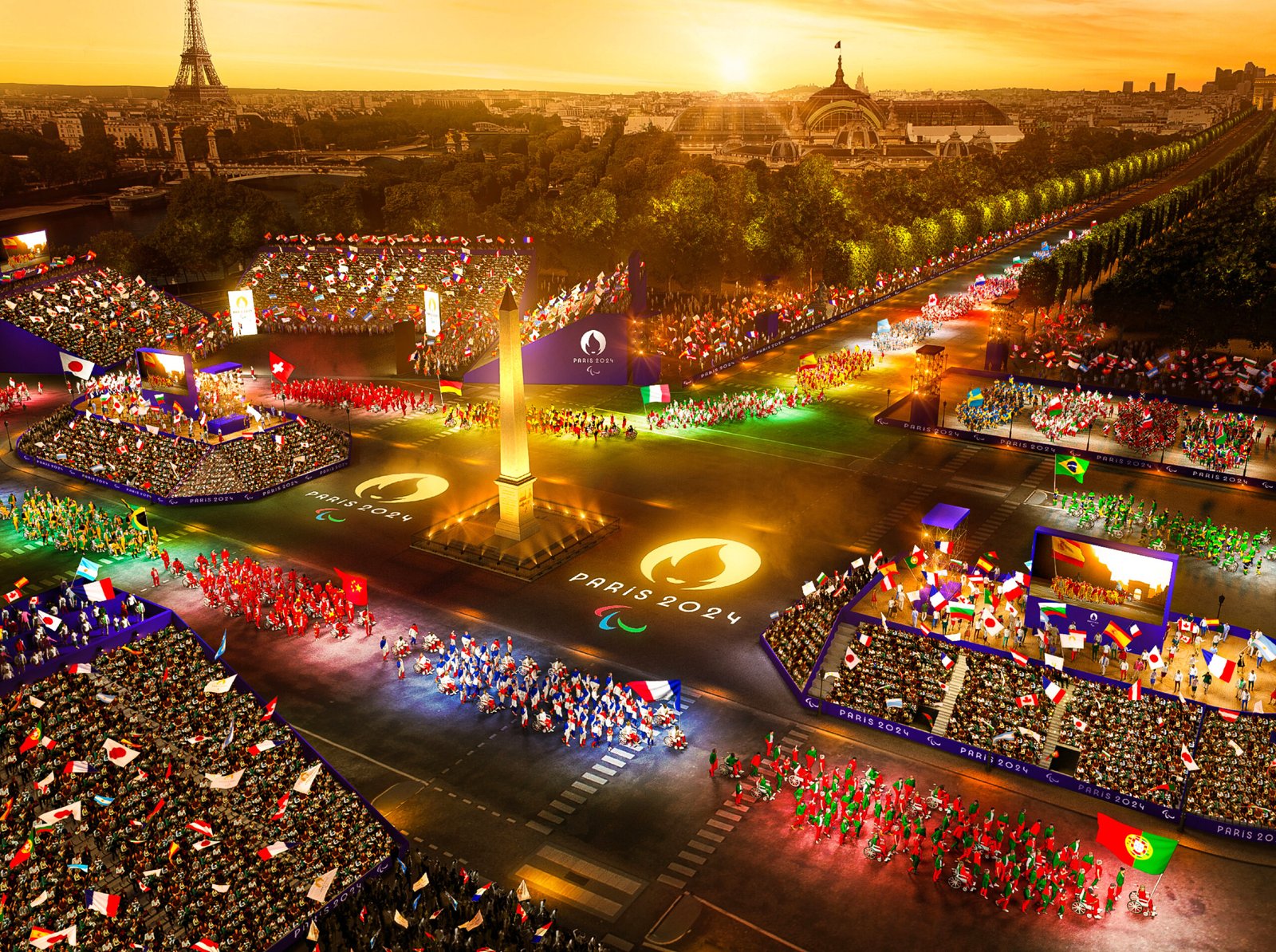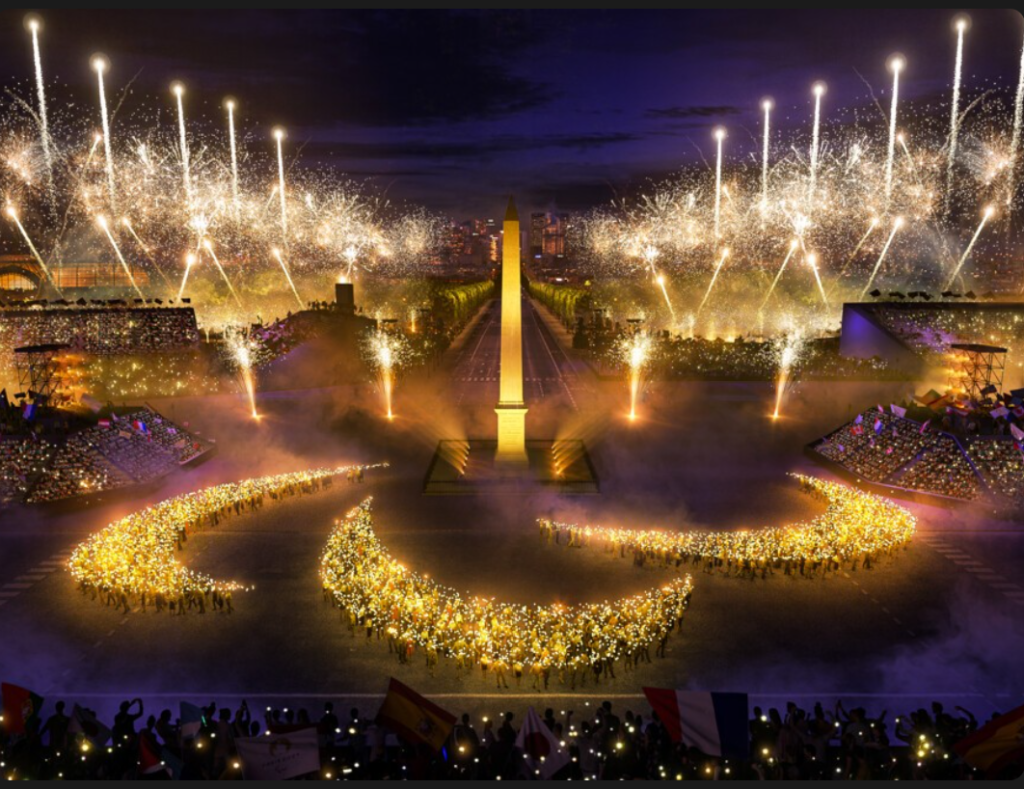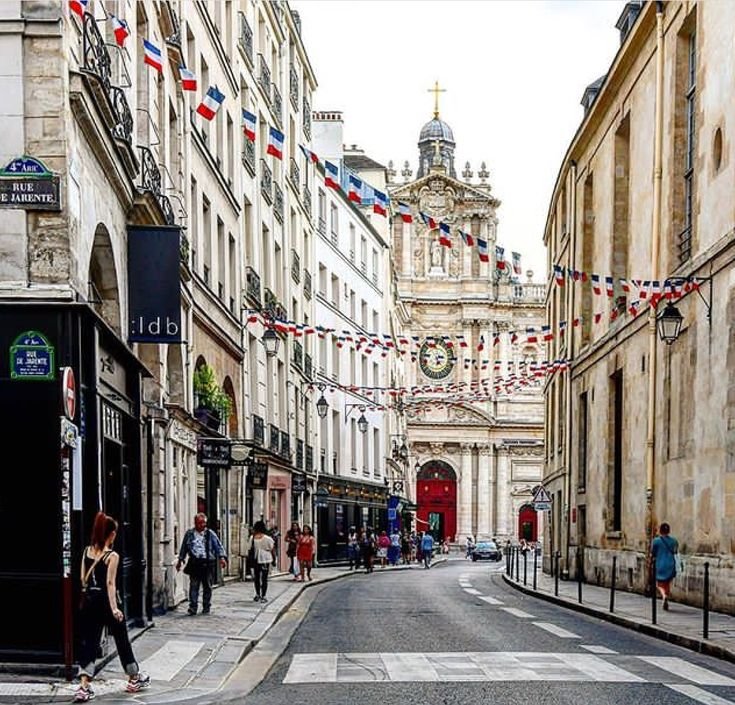Paris, renowned for its rich cultural heritage, historical significance, and iconic landmarks, is preparing to host the 2024 Olympics. This global event provides a golden opportunity for the city to showcase its splendour on the international stage. However, the journey towards the Olympics is fraught with challenges. From revamping the city’s transport system to ensuring top-tier security, the organizers have a daunting task ahead. This comprehensive article will explore the challenges and opportunities that lie in the path of preparing Paris for the 2024 Olympics.
The Monumental Undertaking
The Olympics is a gargantuan event that attracts millions of spectators and participants from every corner of the world. For Paris, hosting the 2024 Olympics implies preparing to accommodate a massive influx of people, bolstering security measures, and ensuring smooth transport and logistics. The city’s infrastructure will be under intense scrutiny, and the organizers must ensure it’s up to the challenge.
Deciphering the Transport Conundrum
One of the most daunting challenges facing the organizers is the overhaul and expansion of the existing Paris transport system. With an estimated influx of 10 million additional travellers expected to descend upon the city for the Olympic Games, the existing transport network will be stretched to its limits. The city’s ambition is for all spectators to be able to reach events by public transport, on foot, or on bicycle. However, as the countdown to the games continues, this goal seems increasingly ambitious.
The Grand Paris Express, a massive project aimed at modernizing and expanding the city’s transport network, is unlikely to be completed in time for the games. This project includes the introduction of several new metro lines, which would connect various Olympic sites. However, construction delays mean that these new lines may not be operational in time, posing a significant logistical challenge.
Fortifying the Olympic Stronghold
Security is another major concern for the organizers. The opening ceremony, set to take place in the heart of the city, will be a grand spectacle. Officers will need to screen all 600,000 expected attendees, a task that is over seven times the capacity of France’s largest stadium. In addition, the river Seine and every one of the 160 boats used in the show will have to be swept for mines. The spectre of potential drone, sniper, and cyber attacks also looms large.
To fortify the city, over 30,000 police officers will patrol the streets and venues across France throughout the games, backed by the military and the French Air Force. The government is also rolling out a fast-track course to train an extra 30,000 security officers. However, the training doesn’t equip people with the necessary skills for other security jobs, raising questions about the long-term value of this initiative.
Adopting Green Initiatives

In the aftermath of the recent World Cup in Qatar, which sparked concerns about the environmental risks of hosting such a large sporting event, Paris is committed to making the 2024 Olympics as environmentally friendly as possible. The city plans to cut carbon emissions by half compared to London, which currently holds the benchmark for a sustainable Olympics. This will be achieved by avoiding the construction of many new venues and using a clean fleet of vehicles. Furthermore, 95 percent of the venues will be existing or temporary, significantly reducing the environmental impact of construction.
Creating a Lasting Legacy
Beyond the games themselves, the organizers are also focused on the legacy that the Olympics will leave behind. They aim to use the event to catalyse long-term improvements in Paris and its communities. This includes infrastructure development, increased engagement in sports, and a more inclusive view of people with disabilities. The legacy of the games is not just for after the event; it starts today, with the planning and preparation for the Olympics.
Preparing Paris for the 2024 Olympics is undoubtedly a monumental task. The city faces significant challenges, from transportation logistics to security concerns and environmental considerations. However, these challenges also present opportunities for Paris to showcase its resilience, innovation, and commitment to sustainability.
The city’s transportation system, although currently under pressure, has the potential to emerge stronger and more efficient post-Olympics. The security measures put in place for the games will not only ensure the safety of the participants and spectators but also enhance the city’s overall security infrastructure. The environmental initiatives undertaken for the Olympics could set a new standard for sustainable event planning, positioning Paris as a leader in this area.
Moreover, the legacy planning for the Olympics is a testament to the city’s forward-thinking approach. The games are seen not just as a one-off event but as a catalyst for long-term improvements in the city and its communities. This includes infrastructure development, increased engagement in sports, and a more inclusive view of people with disabilities.
In the words of the Director General of the Paris organizing committee for the next Olympics, “Legacy doesn’t start after the games. Legacy starts before the game.” This perspective underscores the city’s commitment to ensuring that the 2024 Olympics leaves a lasting positive impact on Paris and its people.
Despite the challenges, there is a sense of optimism and anticipation as Paris prepares for the 2024 Olympics. The city is not just preparing to host a global sporting event; it is preparing to showcase its resilience, innovation, and commitment to sustainability on the world stage. As the city gears up for the games, the world watches with bated breath, eager to see how Paris will rise to the challenge and seize the golden opportunity that the 2024 Olympics presents.
In conclusion, the road to the 2024 Olympics in Paris is paved with challenges and opportunities. It is a journey that requires meticulous planning, coordination, and a commitment to sustainability. However, with the city’s rich history, culture, and spirit of resilience, there is no doubt that Paris is up to the task. The 2024 Olympics in Paris promises to be an event to remember, not just for the sporting feats that will be achieved, but for the city’s triumph in overcoming challenges and seizing opportunities.
As the city of Paris embarks on this journey, it is important to remember that the success of the 2024 Olympics will not be measured solely by sporting achievements. It will also be gauged by the city’s ability to overcome the challenges it faces, its commitment to sustainability, and the lasting legacy it leaves behind. The 2024 Olympics presents Paris with a unique opportunity to showcase its resilience, innovation, and commitment to a sustainable future. It is a challenge that the city is ready to embrace, and the world is eagerly waiting to witness.
From revamping the city’s transport system to ensuring top-notch security, from adopting green initiatives to crafting a lasting legacy, the city of Paris is leaving no stone unturned in its preparations for the 2024 Olympics. The journey is fraught with challenges, but the city, known for its rich history and culture, is ready to rise to the occasion. As the countdown to the games continues, the world watches with bated breath, eager to see how Paris will seize this golden opportunity and shine on the international stage.
As we look forward to the 2024 Olympics, let us not forget the Herculean task that lies ahead for the city of Paris. The challenges are significant, but so are the opportunities. The city’s commitment to sustainability, its innovative approach to problem-solving, and its unwavering spirit of resilience are all reasons to be optimistic. As the city gears up for the games, one thing is certain: the 2024 Olympics in Paris will be an event to remember, not just for the sporting feats that will be achieved, but for the city’s triumph in overcoming challenges and seizing opportunities.




